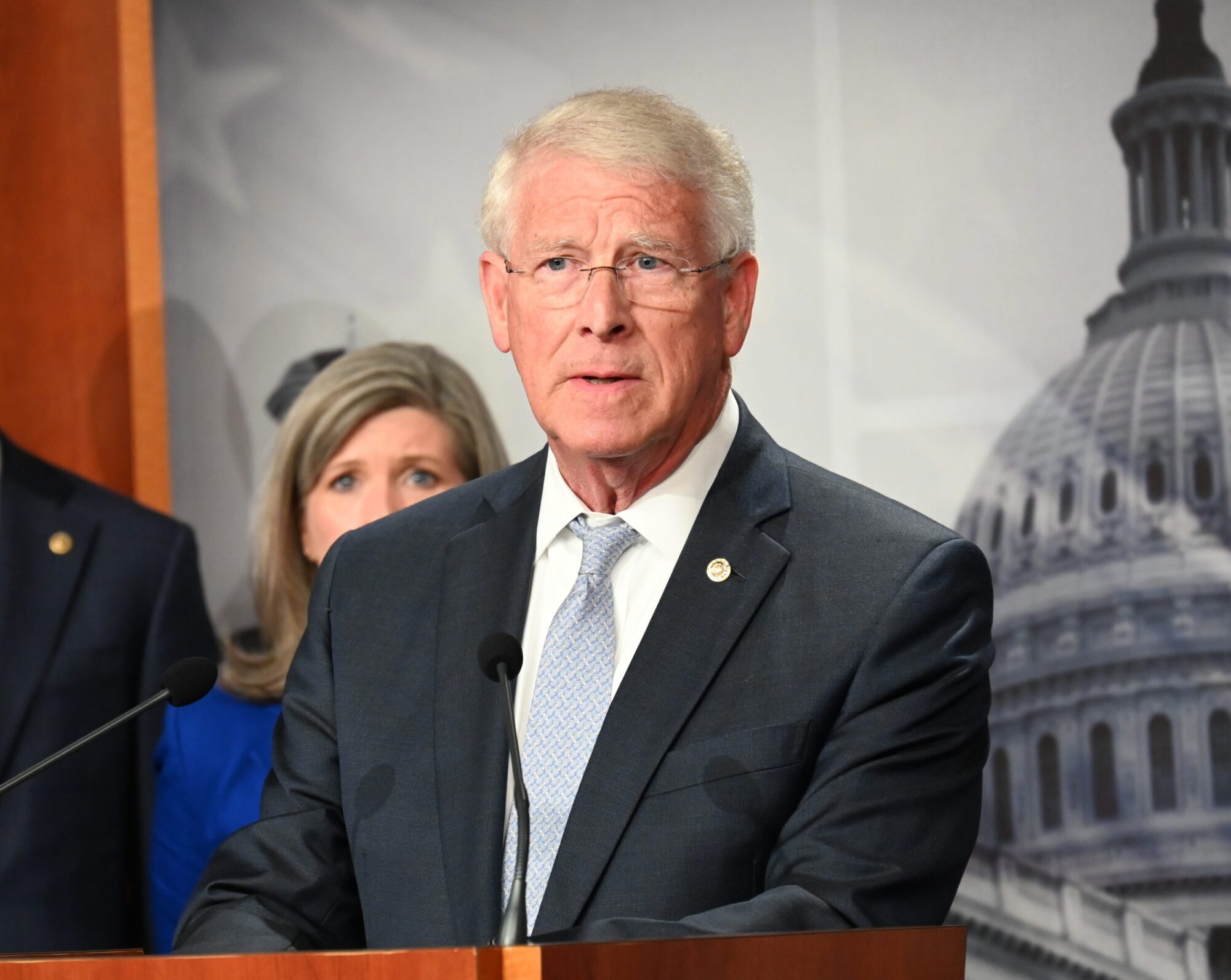
Submitted by Senator Roger Wicker
“China’s dramatic military rise has been aimed at dominating the Western Pacific, especially Taiwan,” Wicker writes.
Nothing upsets China’s communist leaders like a thriving democracy on their doorstep. Taiwan is a case in point. Located some 100 miles from the Chinese coast, Taiwan is an outpost of freedom in the Pacific. This prosperous country, home to 23 million people, has rejected communism in favor of liberty. Recently, China’s threats against Taiwan have grown increasingly severe. When House Speaker Nancy Pelosi visited Taiwan earlier this month, the Chinese military responded by firing missiles over the island and surrounding it with warships. They soon launched a second wave of exercises after another U.S. congressional delegation visited the country. The communist regime in Beijing simply does not know how to handle a free Taiwan charting its own future.
China’s dramatic military rise has been aimed at dominating the Western Pacific, especially Taiwan. President Xi Jinping has even vowed to seize Taiwan by force if necessary – something U.S. defense experts predict could occur by 2027. Such an invasion would be a major blow to the free world and our nation’s economy. President Biden can help deter such an outcome now by embracing a strategy of peace through strength, as President Reagan modeled with the Soviet Union. By building up our military and especially our Navy, we can convince our adversaries that there is no point in starting a war with us and our allies.
U.S. Needs a Larger Navy
We have already begun to make some progress in rebuilding our Navy in recent years. This past March, I participated in the christening of the USS Jack H. Lucas, a brand new destroyer built in Pascagoula. In addition, last week I attended the keel laying ceremony for the USS Jeremiah Denton, another destroyer being built in Mississippi. These state-of-the-art vessels will help us counter China, but we will need a lot more of them.
As a member of the Senate Armed Services Committee, I helped negotiate the National Defense Authorization Act, which is now awaiting action in the full Senate. This legislation will authorize funding for our military in the upcoming fiscal year. As part of this measure, I secured $250 million for a new amphibious transport dock and $23 million for a personnel barracks craft, both of which will be built in Mississippi. The legislation will also let the Navy procure up to 15 guided missile destroyers and will boost the number of Mississippi-built amphibious ships from 28 to 31.
One Year Since Afghanistan Chaos
One potential reason China is acting more aggressively is that President Biden showed weakness in Afghanistan. It has now been a full year since President Biden’s poorly planned and chaotic exit from Afghanistan. Our rapid withdrawal shocked and dismayed our NATO allies and needlessly led to the collapse and swift takeover of the country by the Taliban. The Pentagon reports that some $7.1 billion in taxpayer-funded equipment fell into enemy hands, including more than $500 million in weapons. Afghanistan has now returned to being a nest bed for terrorism, just as it was when our nation was attacked on 9/11.
It is noteworthy that American forces recently took out the head of al-Qaeda, Ayman al-Zawahiri, in a surgical strike in Kabul. This is a testament to our world-class military and intelligence professionals. Nonetheless, the presence of this terrorist leader in the capital city of Afghanistan indicates that the Taliban is giving free rein to al-Qaeda. Now that we have withdrawn our forces, it will be harder for us to combat global terrorism.
###
Submitted by Senator Roger Wicker










